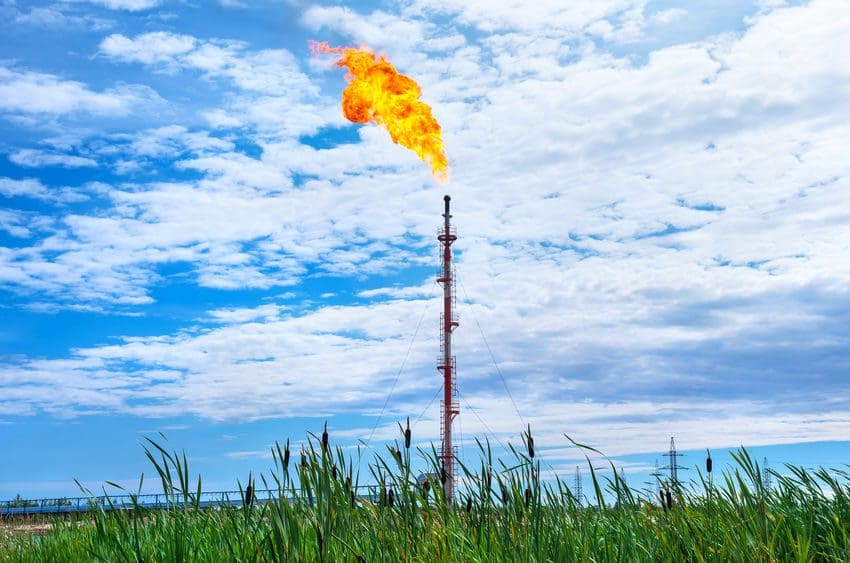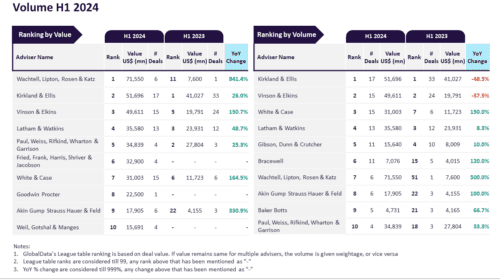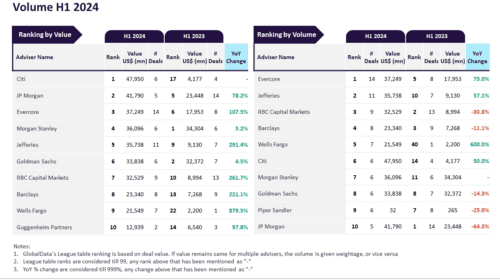Austin, Texas – Today, the Railroad Commission of Texas heard invited testimony from the Blue Ribbon Task Force for Oil Economic Recovery, environmental groups and oil and natural gas operators focused on recommendations to reduce routine flaring of natural gas. Ed Longanecker, president of the Texas Independent Producers & Royalty Owners Association (TIPRO), testified to emphasize proactive, industry-led efforts to reduce energy emissions. The following statement can be attributed to Mr. Longanecker:
“The Texas oil and gas industry continues to voluntarily step up to identify and adopt practices that are improving our environmental performance and supporting a reduction to energy emissions. On the larger topics of energy production, emissions and the environment, we should recognize that our country today remains a leader in clean air, water and environmental stewardship, while also leading the world in oil and natural gas development and production.
Methane emissions from oil and natural gas systems are down 23 percent since 1990, according to the 2020 Environmental Protection Agency’s Inventory of U.S. Greenhouse Gas Emissions and Sinks. Also since 2005, total U.S. greenhouse gas emissions have dropped by 12 percent and total greenhouse gas emissions from fossil fuel combustion have decreased approximately 15 percent.
Increased use of natural gas to fuel power generation is also a key factor in the reduction of overall U.S. emissions of carbon dioxide (CO2), which is down to the lowest levels recorded in a generation.
These and other positive energy emission trends are in large part attributable to voluntary actions taken by U.S. oil and natural gas companies, including investment of over $300 billion in greenhouse gas-mitigating technologies over the past 20 years.
There are numerous examples of multi-stakeholder initiatives focused on promoting industry best practices, utilizing new technologies and efficiencies to mitigate emissions, and collectively strategizing to improve environmental performance throughout the oil and gas value chain. As the nation’s largest producer of oil and gas, Texas operators are leading these efforts.
Despite the progress of our industry and measurable results, we nonetheless understand more can be done. It is this ongoing commitment and desire to better assess the issues related to methane emissions, flaring and industry-led solutions that contributed to the formation of the Texas Methane & Flaring Coalition, an alliance comprised of Texas oil and natural gas trade associations and over 40 Texas energy companies. This voluntary effort will help advance operational and environmental best practices to further support solutions to lower flaring and methane emissions.”
The task force’s final report on flaring recommendations and best practices, presented at today’s Railroad Commission open meeting, is available for download through the Texas Methane & Flaring Coalition’s website, at www.texasmethaneflaringcoalition.org.
About TIPRO
The Texas Independent Producers & Royalty Owners Association (TIPRO) is a trade association representing the interests of nearly 3,000 independent oil and natural gas producers and royalty owners throughout Texas. As one of the nation’s largest statewide associations representing both independent producers and royalty owners, members include small businesses, the largest, publicly-traded independent producers, and mineral owners, estates, and trusts.
Oil and gas operations are commonly found in remote locations far from company headquarters. Now, it's possible to monitor pump operations, collate and analyze seismic data, and track employees around the world from almost anywhere. Whether employees are in the office or in the field, the internet and related applications enable a greater multidirectional flow of information – and control – than ever before.











